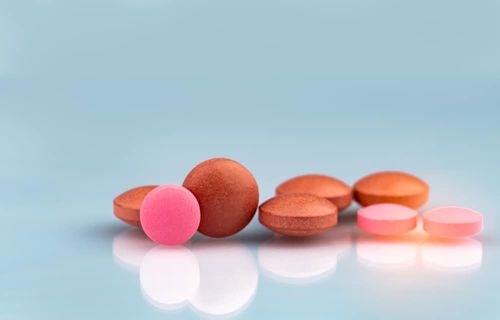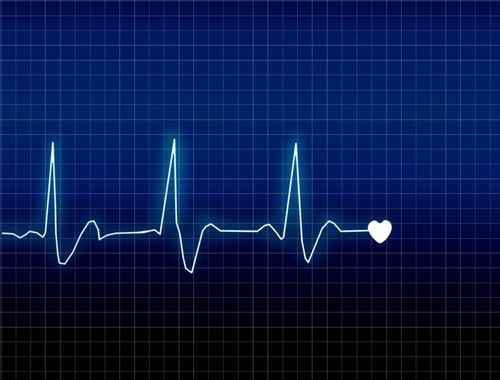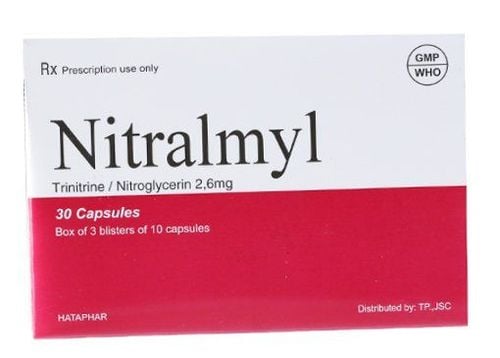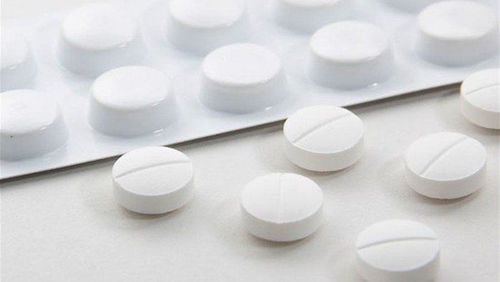This is an automatically translated article.
The article was professionally consulted by Doctor General Internal Medicine - Department of Medical Examination & Internal Medicine - Vinmec Hai Phong International General Hospital.
Every day our heart beats about 100,000 times and provides more than 7,500 liters of blood to all organs in the body. Having to work non-stop every day like that, it's hard to avoid times when the heart beats wrongly. So can arrhythmia be cured?
1. Is arrhythmia dangerous?
An arrhythmia is an abnormality in the heart rhythm that can occur at any age and at any time. Arrhythmia can seriously affect the pumping function of the heart, leading to shortness of breath, palpitations, palpitations, even fainting, and many other dangerous complications such as:
Atrial fibrillation: accounted for about 30 % in arrhythmia cases. When atrial fibrillation occurs, the heart rate increases rapidly and suddenly, up to 140-180 beats/minute, causing the atria to vibrate rather than beat. As a result, blood cannot move to the ventricles, stagnates in the atria, easily forming blood clots, causing arterial blockage or brain stroke. Ventricular tachycardia: A rapid heartbeat that occurs in the ventricles, causing the heart muscle there to contract and pump blood faster than normal, resulting in the ventricles not having enough time to fill with blood before it can pump properly. next. Patients with ventricular tachycardia often feel tired, heavy in the head, short of breath... If not treated promptly, ventricular tachycardia progresses to ventricular fibrillation, a dangerous form of arrhythmia.
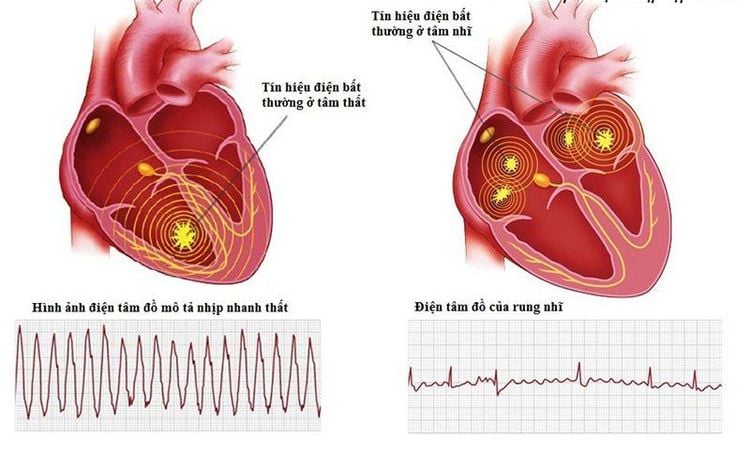
Ventricular fibrillation: Similar to atrial fibrillation, ventricular fibrillation is a condition in which the heart beats so fast that the ventricular muscle can't contract but just vibrate. As a result, blood pressure drops suddenly, blood does not reach the vital organs of the body. Patients with ventricular fibrillation need urgent care. If delayed, the patient has a sudden cardiac arrest, blood is not pumped out of the heart, easily leading to death. The following arrhythmia symptoms signal that the disease has become dangerous, need to go to the doctor immediately:
Angina: Usually occurs in patients with arrhythmia and other cardiovascular diseases, such as heart disease. coronary artery or myocardial ischemia. Angina pain occurs in the left chest area, can spread to the neck, jaw, shoulder, left arm. Palpitations, palpitations: Typical signs of tachycardia. The heart beats fast and strong, making the chest vibrate, the patient feels the heart beating very clearly inside the chest, accompanied by a feeling of nervousness and discomfort.
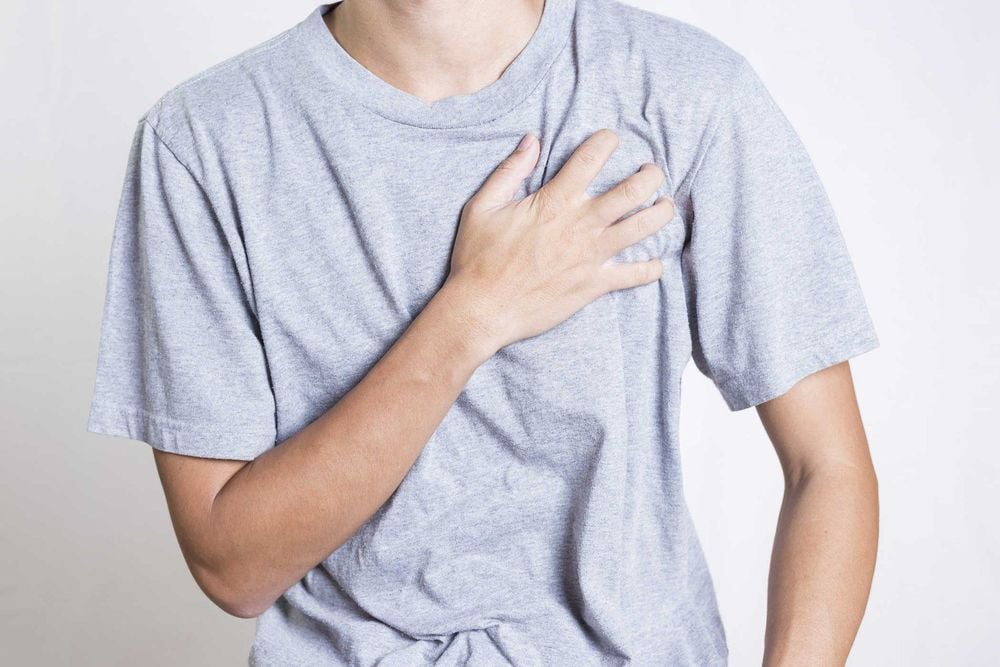
Fatigue, shortness of breath, headache, fainting: When tachycardia becomes more severe, it lowers blood pressure and reduces blood flow to the brain. Patients feel fatigue, severe headache, dizziness, shortness of breath, even fainting because the brain does not have enough blood and oxygen. Thus, the issue of "curable arrhythmia" depends on whether the disease is detected early or late. If delayed, such unfortunate consequences are inevitable.
2. Diagnosis and detection of arrhythmia
Doctors will diagnose cardiac arrhythmias by the information obtained from:
Ask the medical history. Examine clinical symptoms, measure heart rate. Perform an Electrocardiogram (ECG) to diagnose the electrical signal of the heart. Holter Electrocardiogram Monitor: A portable electrocardiogram device, worn with the patient for one or more days to record cardiac activity. Echocardiography: to identify abnormalities in the size, structure, and movement of the heart, if present.
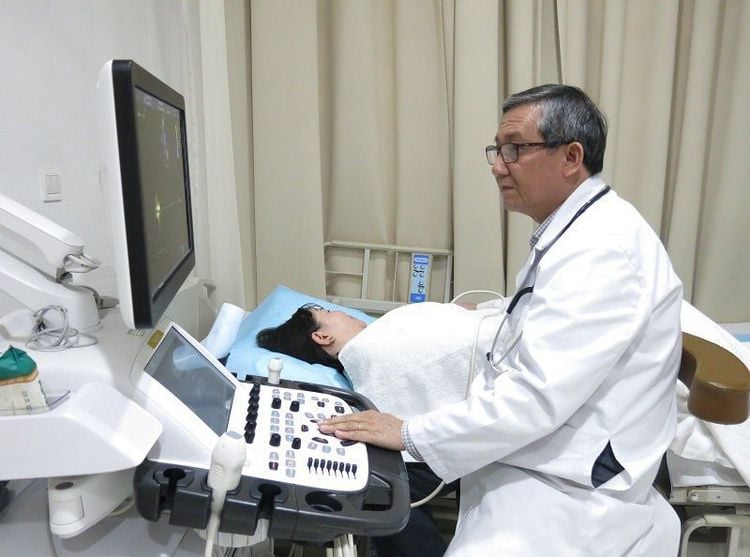
Using an implantable electrocardiogram (ECG) recorder: Used to detect abnormal heart rhythms. Straight Chest X-ray: An X-ray of the chest is taken to get a picture of the heart along with possible abnormalities. In addition, the doctor may order some other tests to rule out diseases with similar symptoms, including:
Stress test: Patient jogging or cycling in place to monitor cardiac activity during exertion Tilt table test: Determines the variability of the patient's heart rate and blood pressure while lying on a flat table and when standing up Tests to rule out all possible thyroid-related abnormalities can cause cardiac arrhythmias. So, after making the diagnosis and detecting the disease, how to treat arrhythmia? What should a patient with arrhythmia do? Stay tuned for the next part below.
3. Can arrhythmia be cured?
Cardiac arrhythmias are completely controllable and treatable. Currently, there are many methods to treat arrhythmias. However, patients need to be examined and treated directly in medical facilities by cardiologists. The treatment of arrhythmia depends on the condition of each person. Accordingly, doctors can use monotherapy or a combination of methods based on the following general principles:
First, it is necessary to identify and eliminate the causative agent of the arrhythmia, which may be a single drug. certain medications the patient is taking or stimulants Treat underlying medical conditions, if any (such as cardiovascular disease, diabetes, hyperthyroidism, etc.) In case the patient has severe arrhythmia or does not respond well to medical treatment, the doctor will prescribe other intervention methods, such as pacemaker placement, shock electrocardiogram, electrophysiology, cardiac surgery. In addition, patients should take the following non-drug measures to maximize the effectiveness of heart arrhythmia treatment:
Add heart-healthy foods: Green vegetables, fish, fruits, limit animal fat and cholesterol

Don't smoke, limit alcohol, coffee, tea Get enough sleep, avoid staying up late Increase physical activity Balance life, reduce stress. In addition, a very important thing that many cardiovascular patients often do not notice, is to adhere to the treatment according to the doctor's instructions.
In general, whether arrhythmias are curable and how effective the treatment can be depends a lot on when the disease is detected. Understanding that, Vinmec Hospital has implemented the Cardiac Arrhythmia Examination Package to help screen and prevent cardiovascular diseases with high-risk subjects for arrhythmias.
Please dial HOTLINE for more information or register for an appointment HERE. Download MyVinmec app to make appointments faster and to manage your bookings easily.




